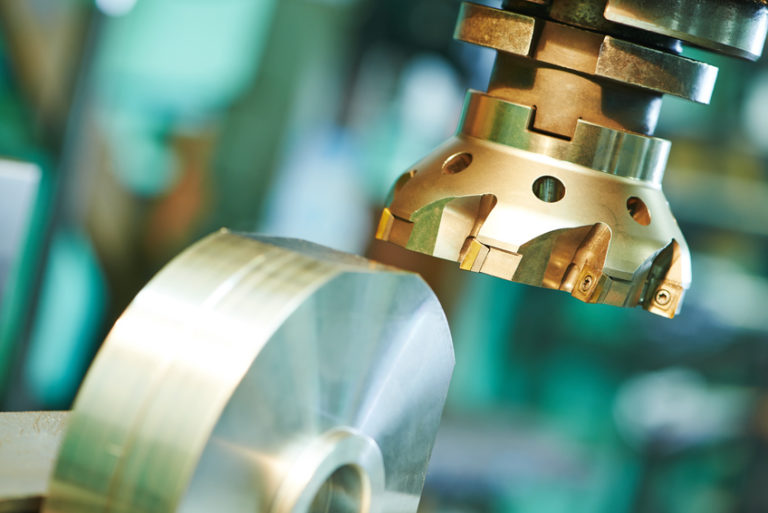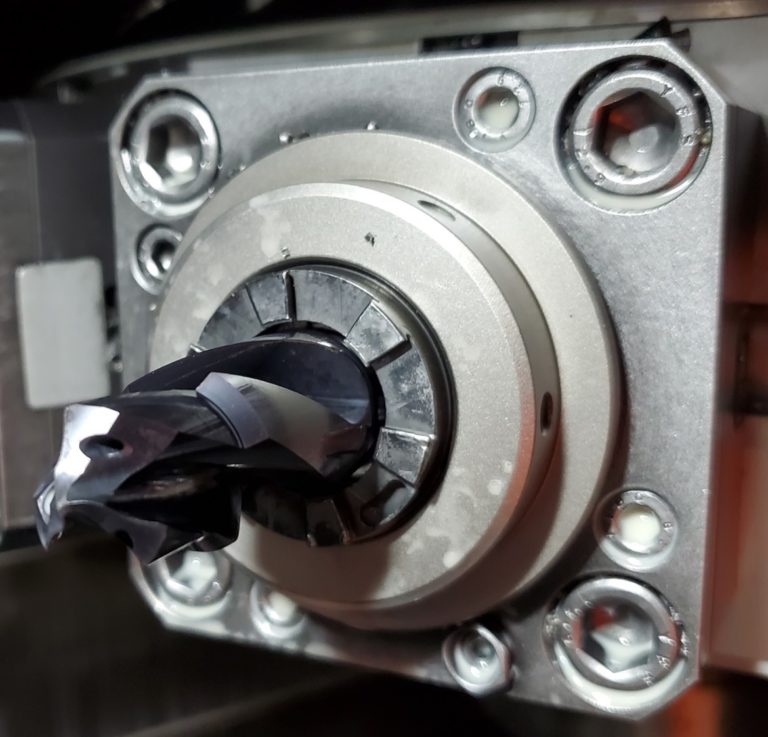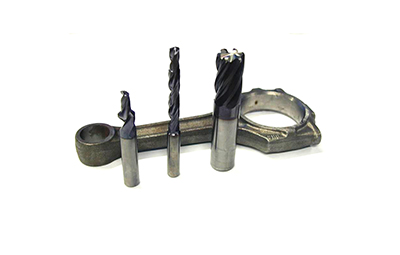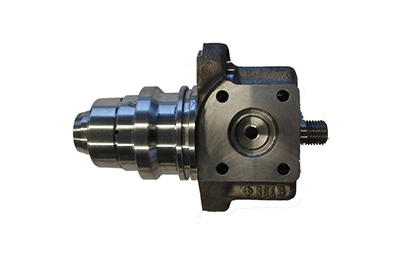When it comes to precision metal finishing and other manufacturing processes like milling and drilling, the materials and tooling you use matter. Solid carbide tools are known for their extreme hardness, heat resistance, and edge retention. As you look to optimize your machining operations, understanding the key benefits of solid carbide can help you make informed decisions. Here are four benefits to consider.
1. Higher Machining Speeds
One of the main advantages of solid carbide tools is that they allow for vastly increased machining speeds compared to high-speed steel tools. Solid carbide maintains its hardness and strength even at the high temperatures generated during high-speed machining. This means you can take faster passes, remove material quicker, and improve productivity. With solid carbide tooling, achieving precision metal finishing is faster without compromising accuracy or surface finish.
2. Longer Tool Life
The extreme hardness and heat resistance of solid carbide also translates into longer tool life compared to other tool materials. Solid carbide cutting tools can last many times longer than HSS tools in the same application. The increased tool life reduces costs by minimizing tool changes, machine downtime, and tool purchases. If you want tooling that holds up even during demanding material removal, solid carbide is the way to go.
3. Superior Surface Finish
The ability to machine at faster speeds along with the strength and hardness of solid carbide leads to an improved surface finish on your workpieces. Solid carbide tools produce fine finishes with tighter tolerances, an essential factor for components that require precision metal finishing. Maintaining a sharp cutting edge at high temperatures further enhances the potential surface finish.
4. Ideal for Tough Materials
Solid carbide tooling was designed with machining difficult-to-cut and abrasive materials in mind. This includes nickel-based alloys, titanium alloys, stainless steel, and other exotics typically used in aerospace applications. These materials are challenging on tooling, but solid carbide is optimized to handle high cutting forces, temperatures, and wear rates. No matter the hardness or abrasiveness, solid carbide has the edge when precision metal finishing tough stuff.
According to Fortune Business Insights, the global carbide tools market is projected to grow to $15.47 billion by 2029. Therefore, as you look to gain speed, efficiency, and accuracy with your machining operations, implementing solid carbide tooling can make a significant difference. Understanding the range of performance benefits allows you to tap into the full potential of this high-performance material. If you’re looking to learn more, reach out to Monaghan Tooling today.




